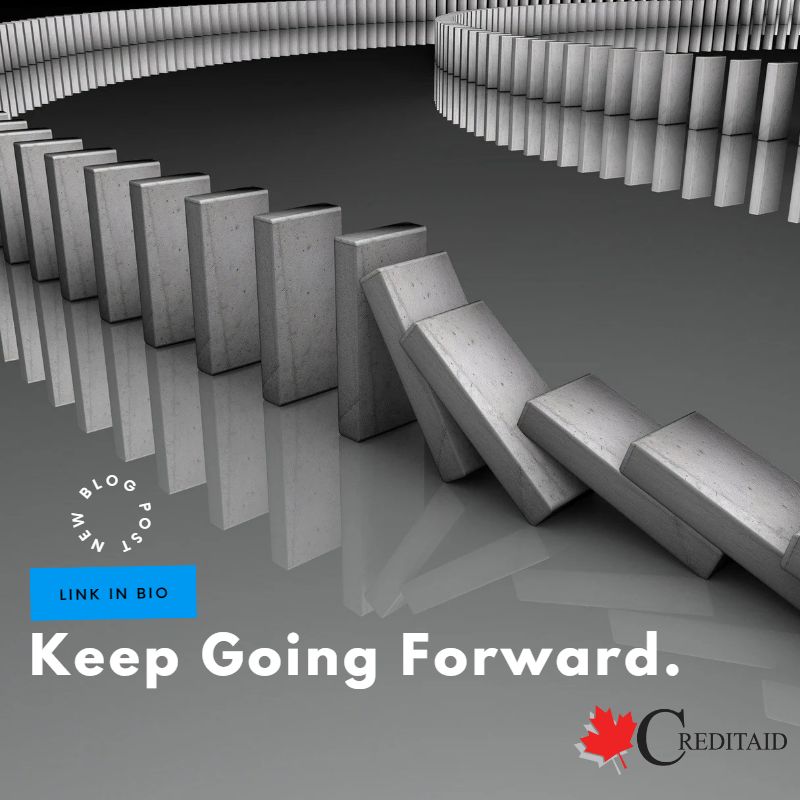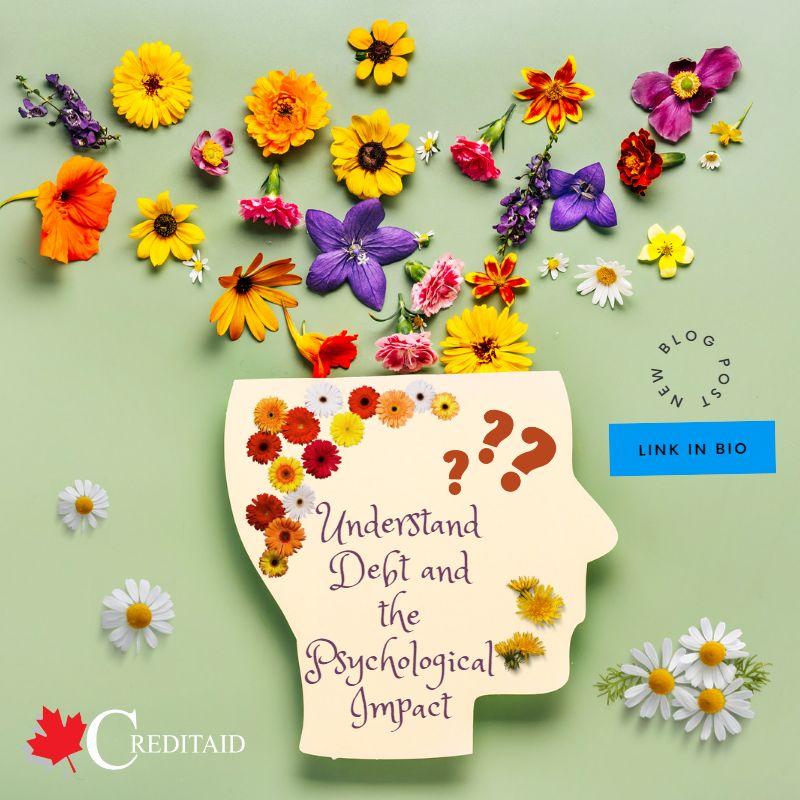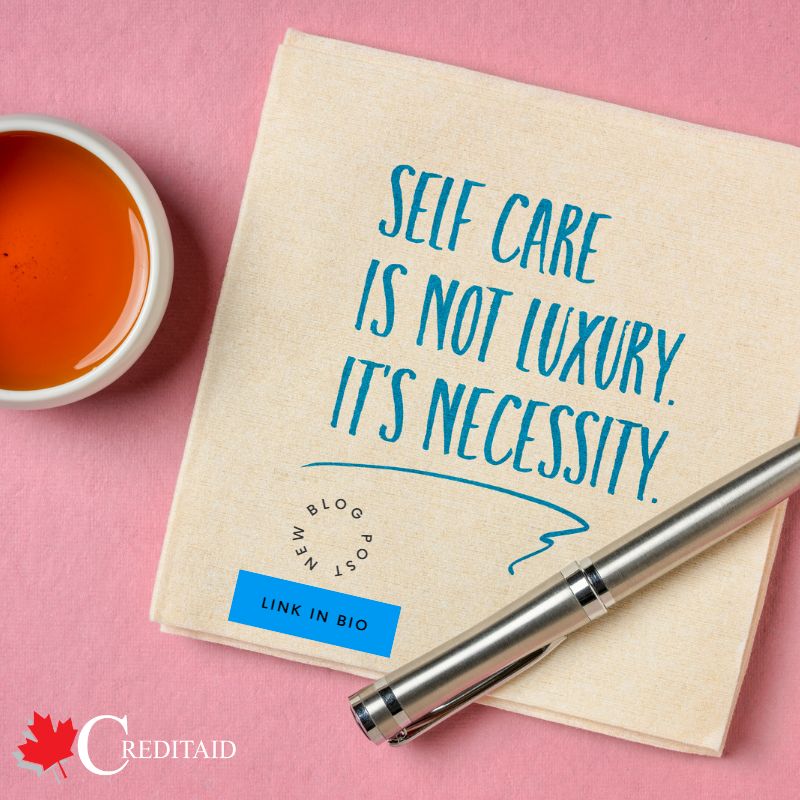At Creditaid, we’re committed to helping Canadians secure their financial futures and make informed choices about their money. One key aspect of achieving financial stability is having an emergency fund in place. In this blog, we’ll dive into why every Canadian should prioritize building an emergency fund and how this financial cushion can be a game-changer in unexpected situations.
The Importance of an Emergency Fund in the Canadian Context
Life is full of surprises, and not all of them are pleasant. From unexpected medical expenses to sudden job loss or urgent home repairs, unforeseen events can have a significant impact on your financial well-being. This is where having an emergency fund comes into play, especially in the Canadian context where healthcare costs and living expenses can escalate quickly.
Preventing High-Interest Debt
During emergencies, many individuals resort to high-interest debt options like credit cards or payday loans to cover their immediate needs. However, these quick fixes can lead to a cycle of debt that’s challenging to escape from. Having an emergency fund acts as a financial safety net, allowing you to cover unexpected expenses without diving into debt.
Creating Financial Resilience
Building an emergency fund isn’t just about avoiding debt; it’s about creating financial resilience. With a well-funded emergency fund, you can weather the storms that life throws your way without compromising your long-term financial goals. It provides peace of mind, knowing that you’re prepared for the unexpected.
How Much Should You Aim For?
The size of your emergency fund depends on various factors, including your monthly expenses, family size, and job stability. Generally, experts recommend saving three to six months’ worth of living expenses in your fund. For Canadians, this fund can act as a buffer against economic fluctuations, medical emergencies, and other unexpected events.
Starting Your Emergency Fund Journey
If you’re wondering how to start building your emergency fund, consider these steps:
- Set a Goal: Determine how much you want to save and set a realistic timeline.
- Automate Savings: Set up an automatic transfer from your paycheck to your emergency fund account each month. This ensures consistent contributions.
- Prioritize Your Fund: Treat your emergency fund like any other bill – a non-negotiable expense that gets paid every month.
- Cut Unnecessary Expenses: Review your monthly expenses and identify areas where you can cut back to boost your savings.
Contact Creditaid for Expert Guidance
At Creditaid, we understand that financial planning can be overwhelming. That’s why we’re here to help you navigate the path to financial security. Our team of experts can provide personalized advice on building your emergency fund, managing your existing debts, and creating a strong financial foundation.
Ready to take the first step toward financial resilience? Contact Creditaid for a free consultation today. Our experienced counsellors are dedicated to helping you make the right choices for your financial future.











